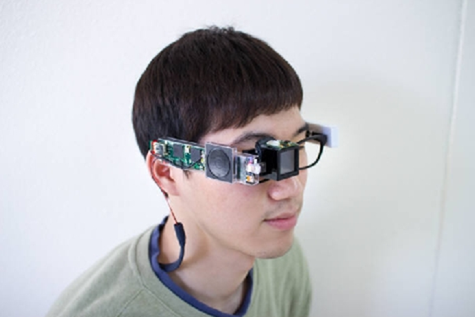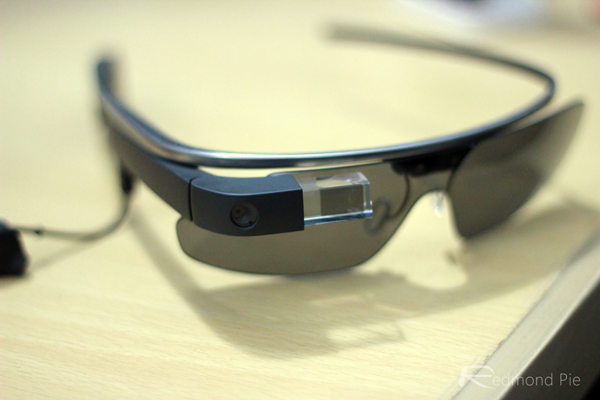Love or loathe Google Glass, the search giant’s intriguing project continues to get the lion’s share of the media’s coverage, but whilst the tech world remains fascinated by this new technology, many start-ups have sought to compete against the might of Google with their very own attempts at building a face computer. KAIST, which stands for the Korea Advanced Institute of Science and Technology, has just taken the wraps off its K-Glass prototype, which it claims is 30 times faster than Google Glass, as well as 3x to 12x more efficient.
The Explorer Edition of Glass has been distributed out to creative folks in order to get the ball rolling with regards to building great apps and such, but while the Big G has plenty of developers on board already, there has also been a notable spike in the number of companies trying to forge their own niche in this emerging market of head-mounted tech.

The K-Glass is the brainchild of one Yoo Hoi-Jun, currently the Professor of Electrical Engineering at KAIST, and along with a dedicated team of expert researchers, he has come up with an augmented reality device boasting a superior performance not only to Glass, but most other alternatives plying their trade. The fact that it is very efficient with its energy use is also a plus, with K-Glass purportedly able to last 3 to 12 times longer than Google Glass.
Sure, Glass has the benefit of being in the spotlight, but it still has its limitations, including the fact that the battery doesn’t seem to last for a great deal of time. K-Glass, like any good competitor, attempts to fill in the blanks, and with 24 hours of battery life in standard, everyday use, it certainly presents itself as a more marketable product both at consumer and enterprise / industry level.

Google Glass v2
K-Glass runs on a small-but-powerful AR chip capable of processing up to 1012 operations per second, and by, as noted by one researcher, “ruling out the unnecessary computation,” the processor can operate more quickly when dealing with complicated algorithms.
Just where K-Glass will go, or whether it will even compete with the likes of Glass, remains to be seen. Nevertheless, with companies and institutions making a concerted effort to improve and evolve this fledgling technology, it’s not going to be the one-man show we might have presumed it to be back when Project Glass was first announced.
We’ve seen a bunch of smartglasses already, some of the most notable ones being the Lumus, Vuzix Smart Glass, GlassUp etc. But the thing that excites us the most is which one will make the biggest impact when all of these will actually go mainstream.
(via: VentureBeat)
You can follow us on Twitter, add us to your circle on Google+ or like our Facebook page to keep yourself updated on all the latest from Microsoft, Google, Apple and the Web.

